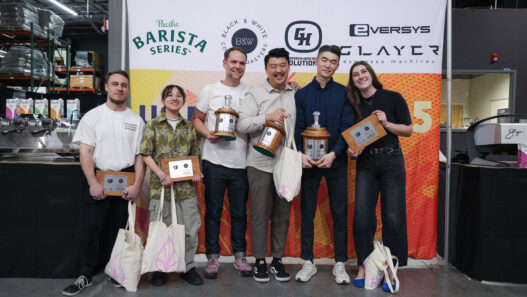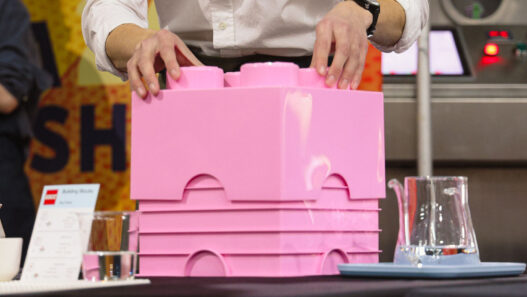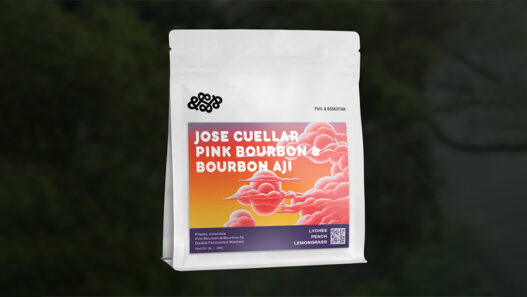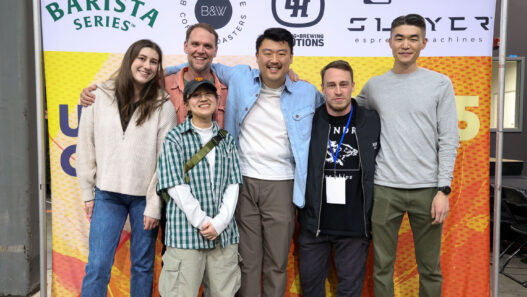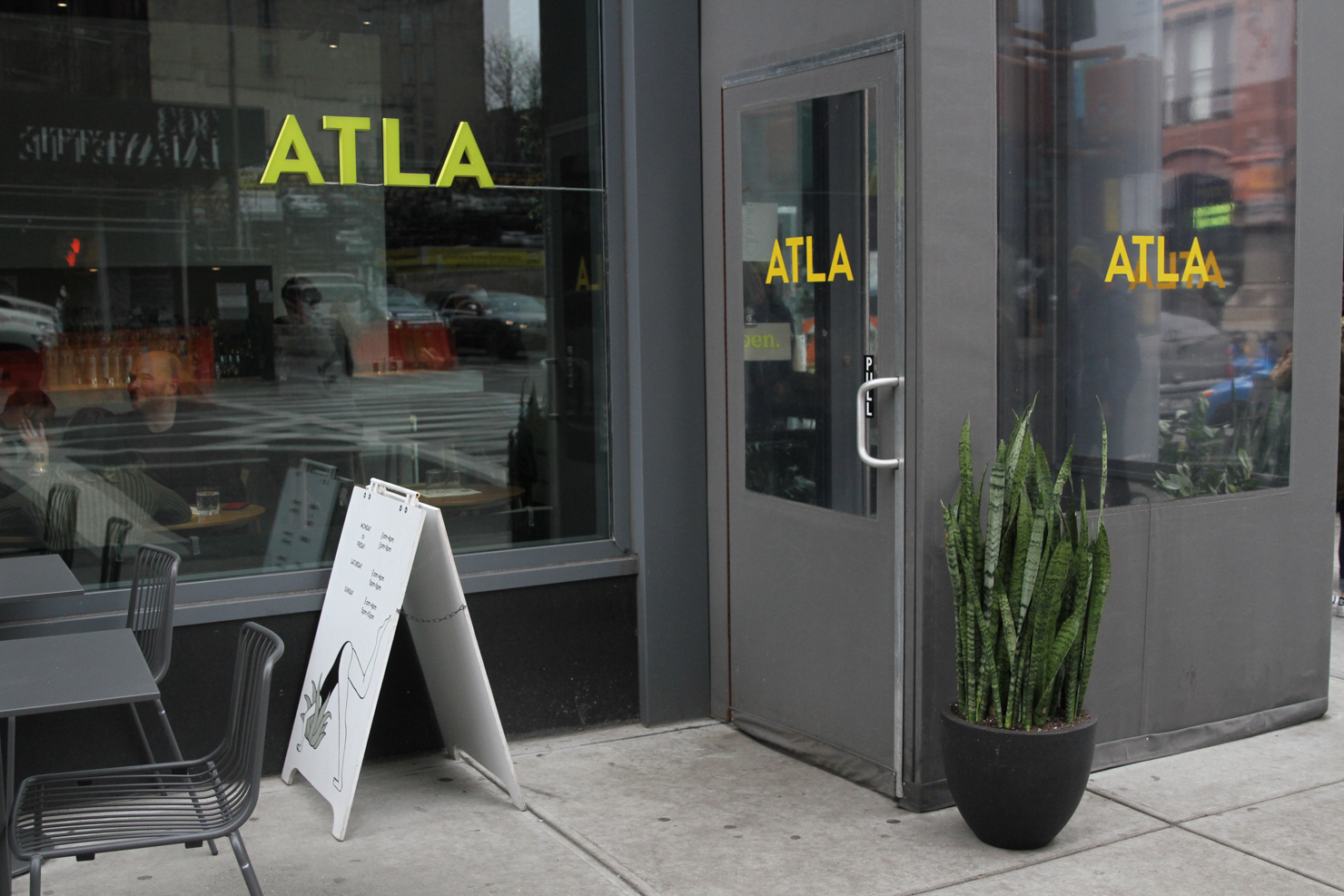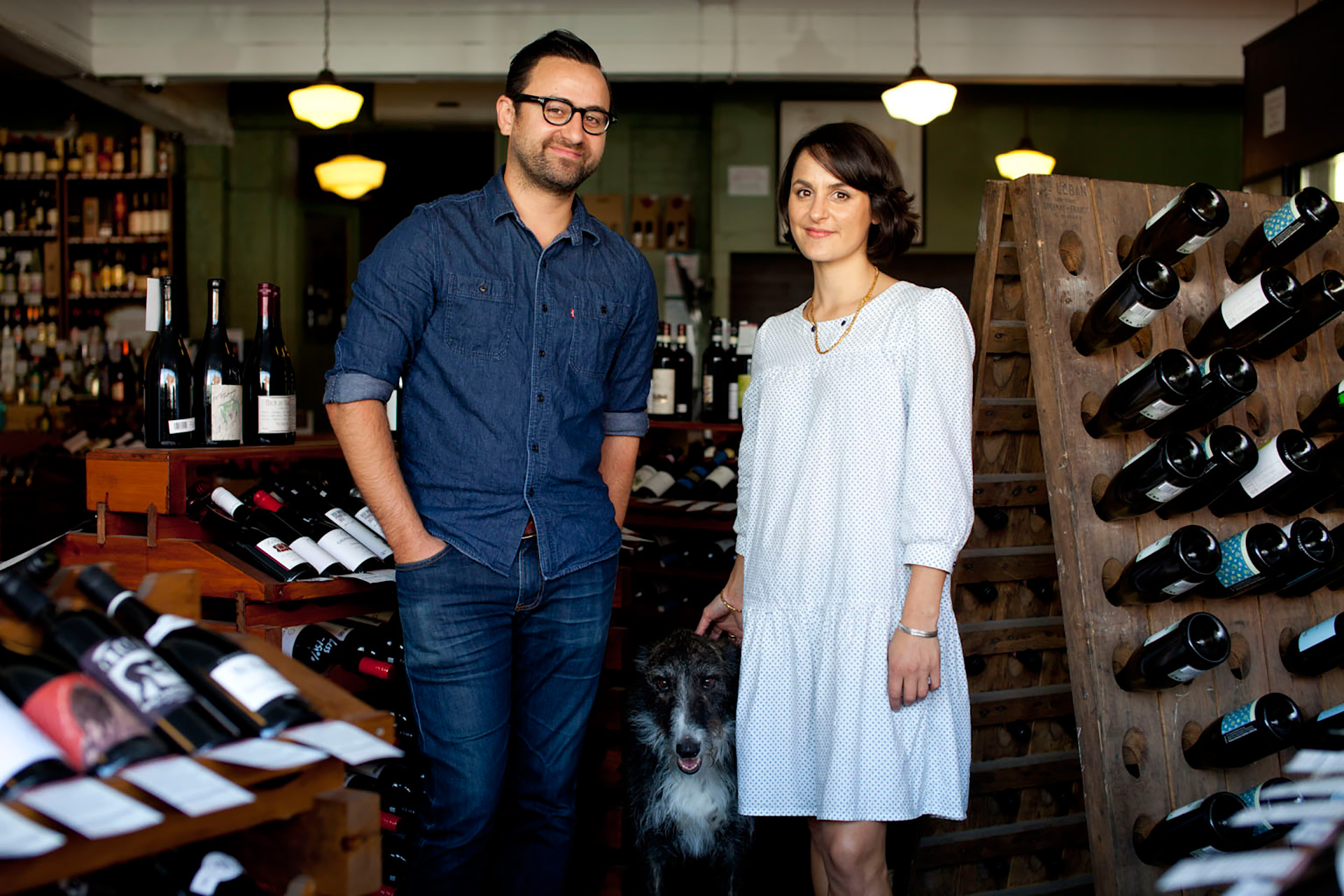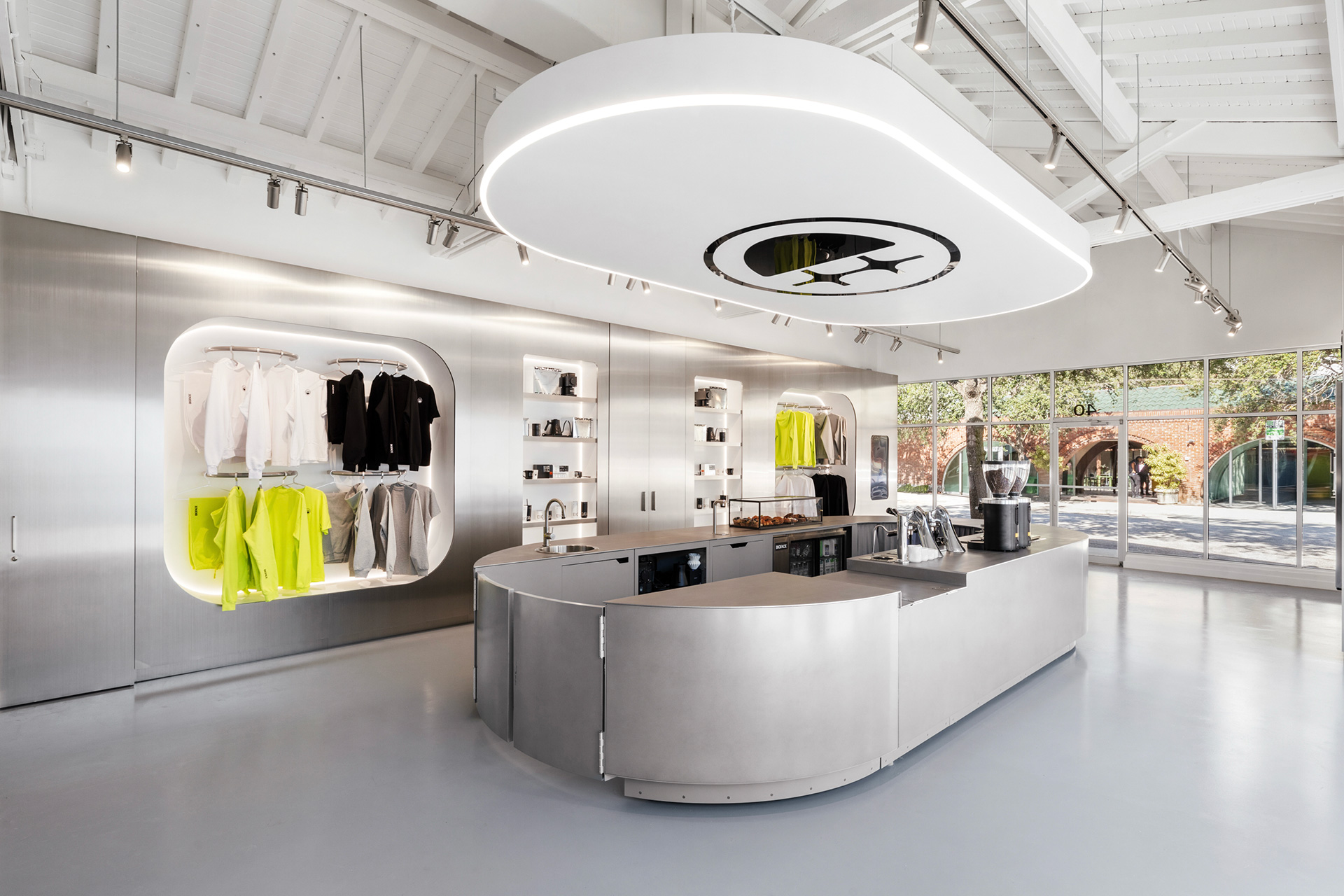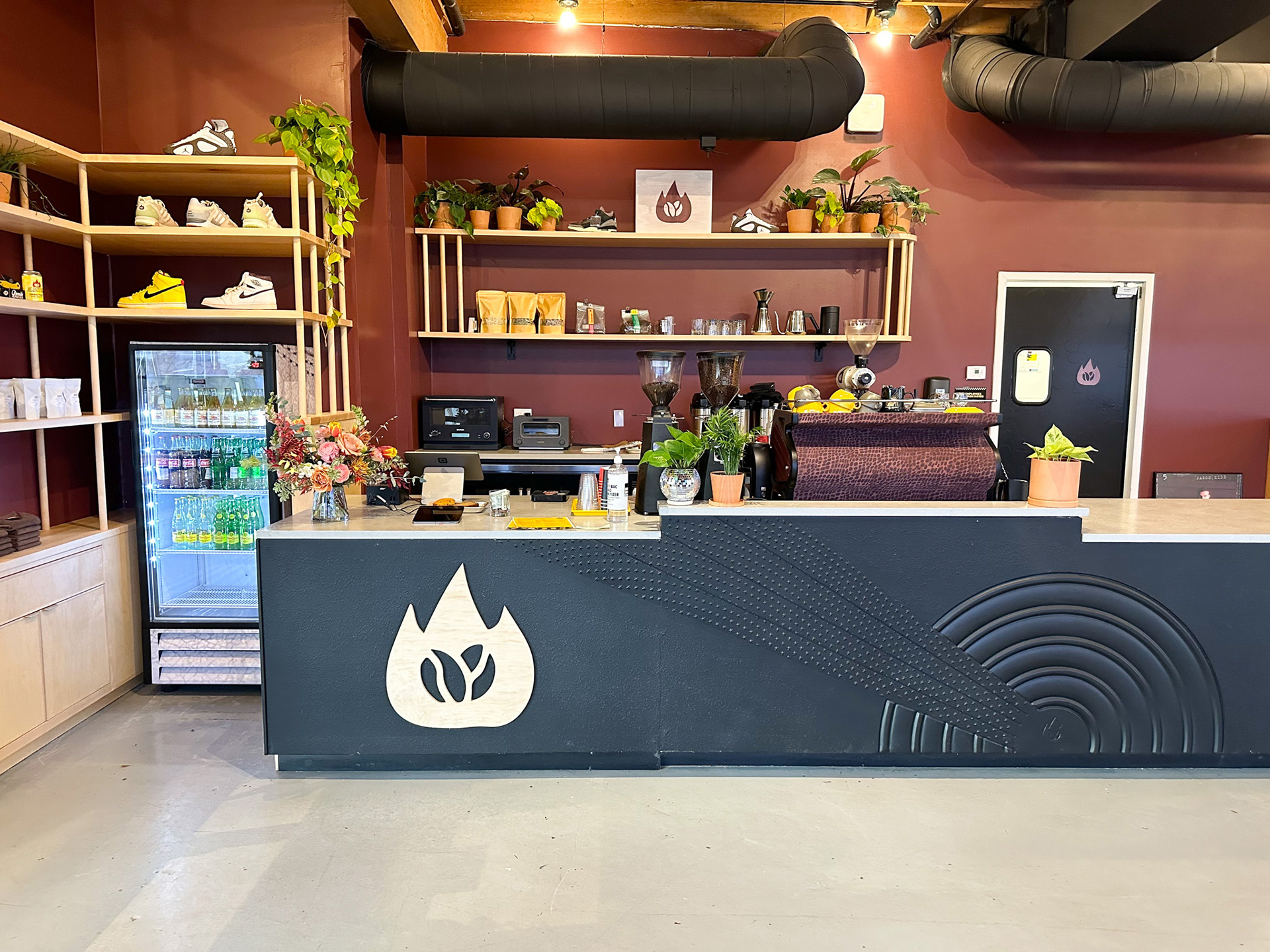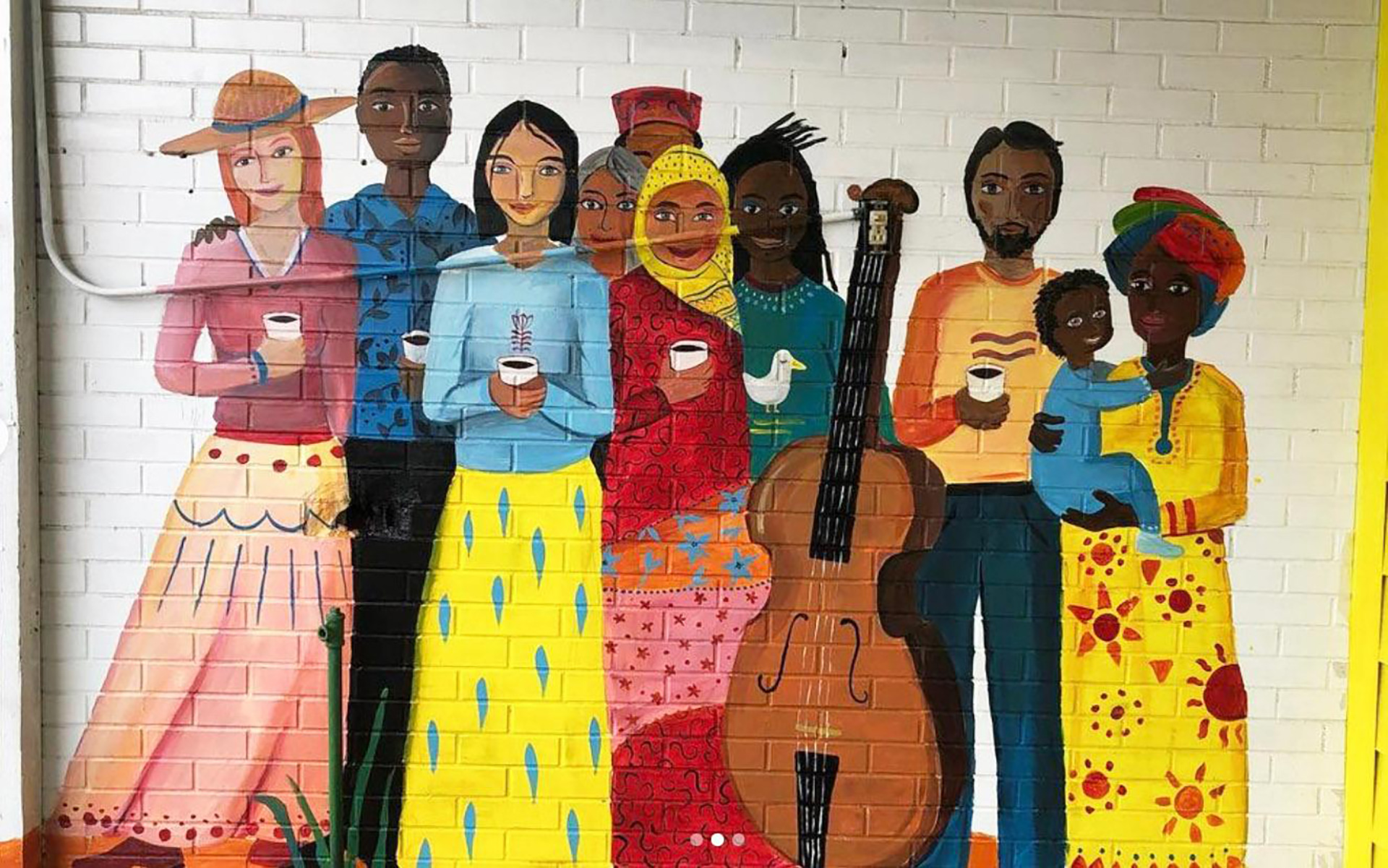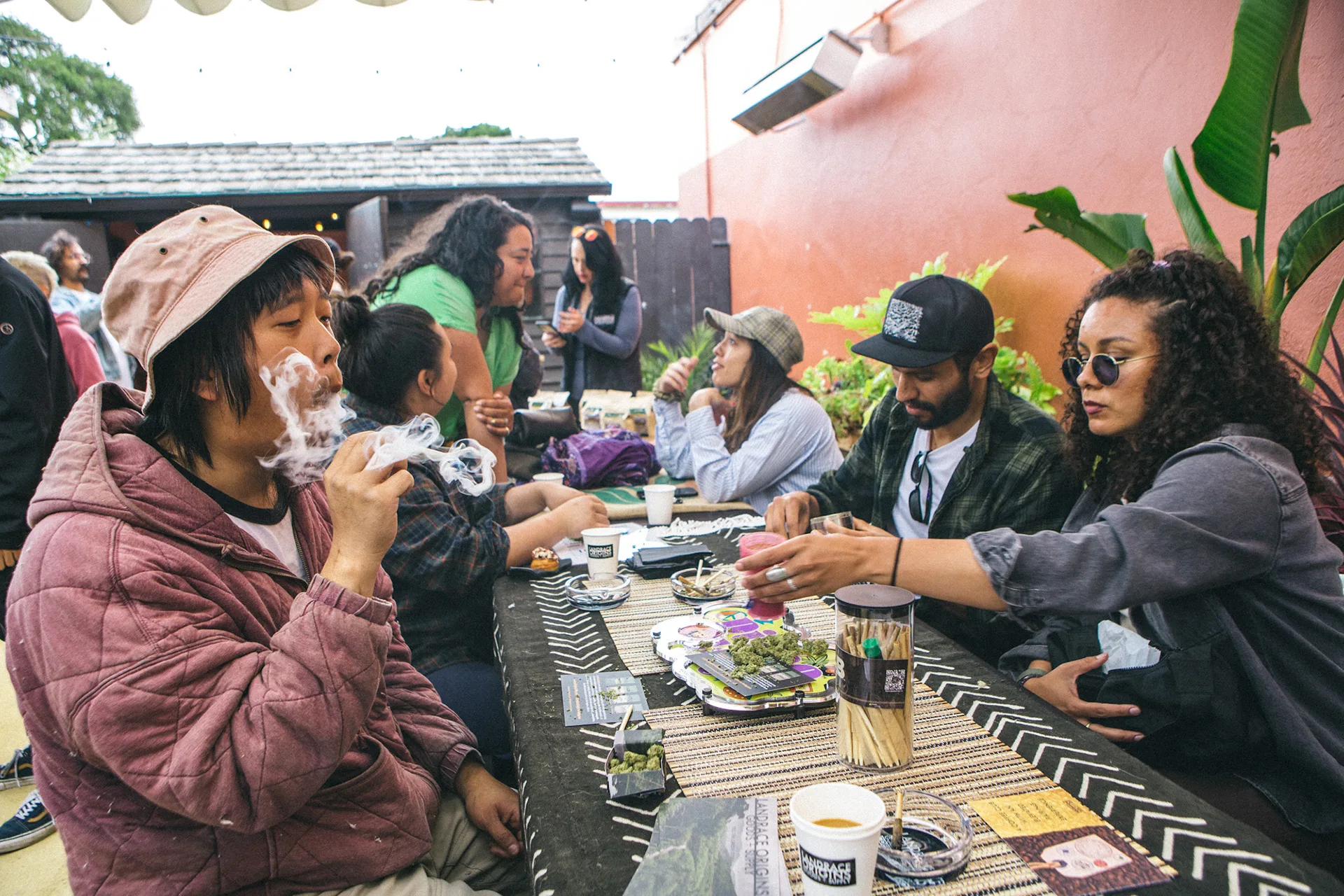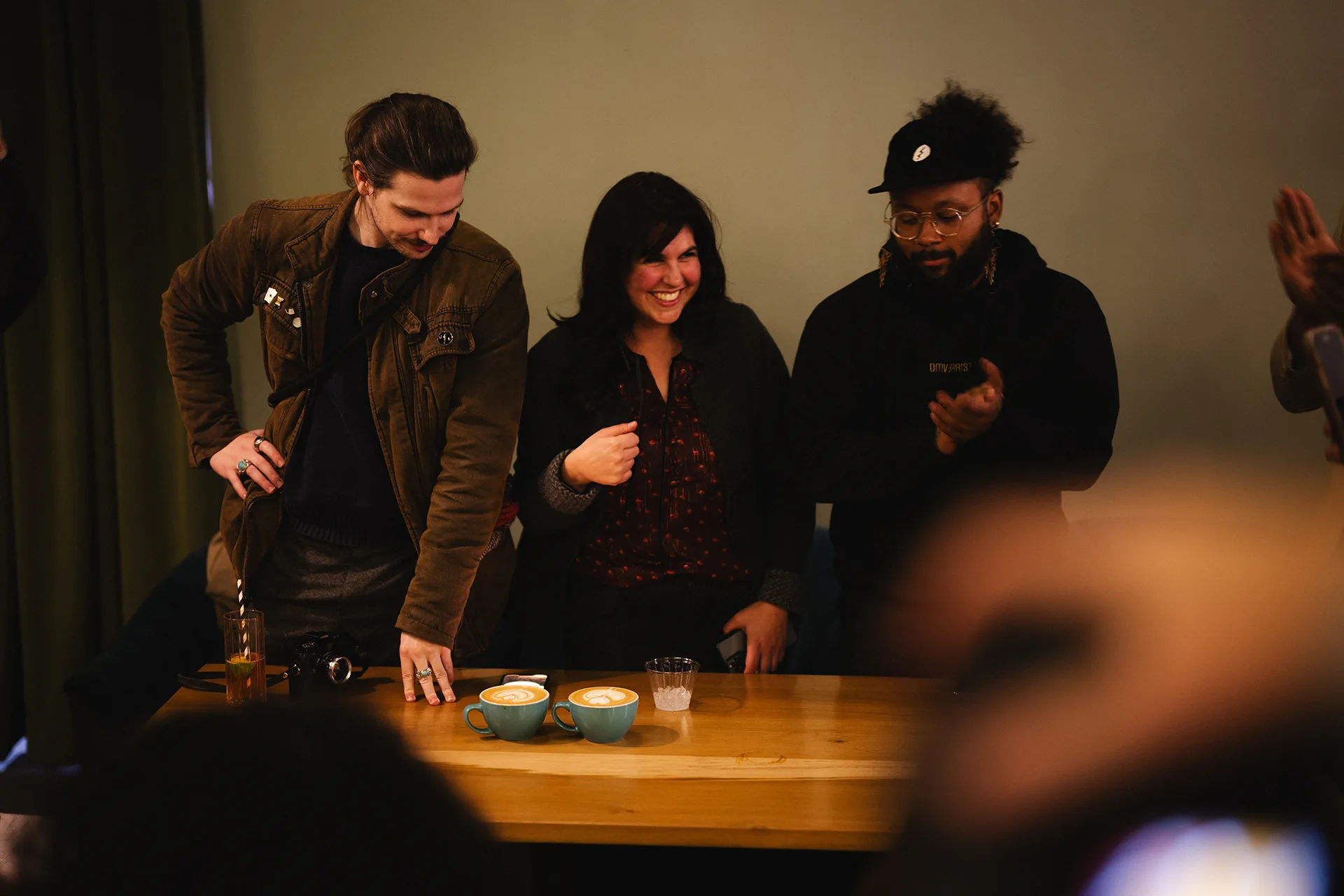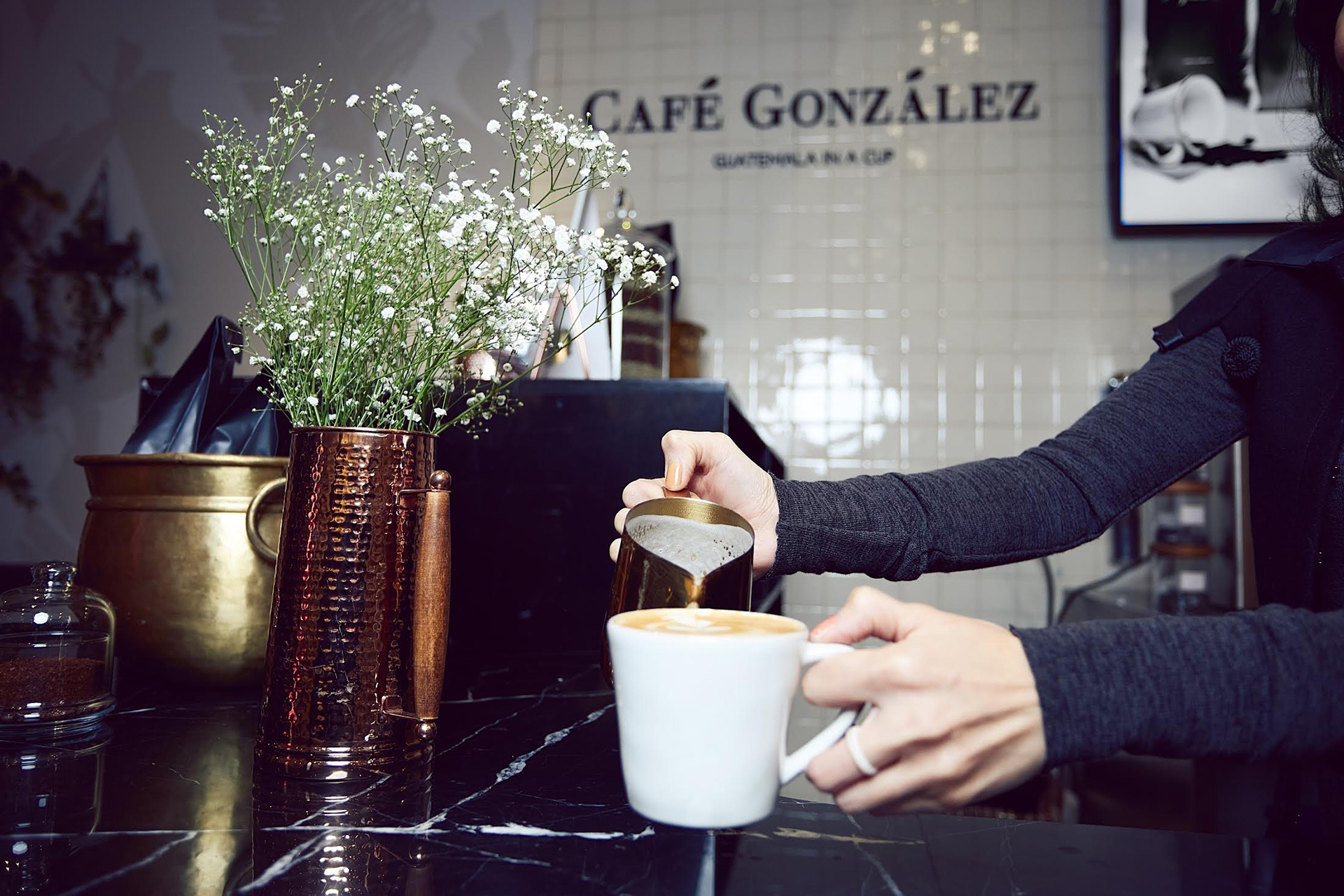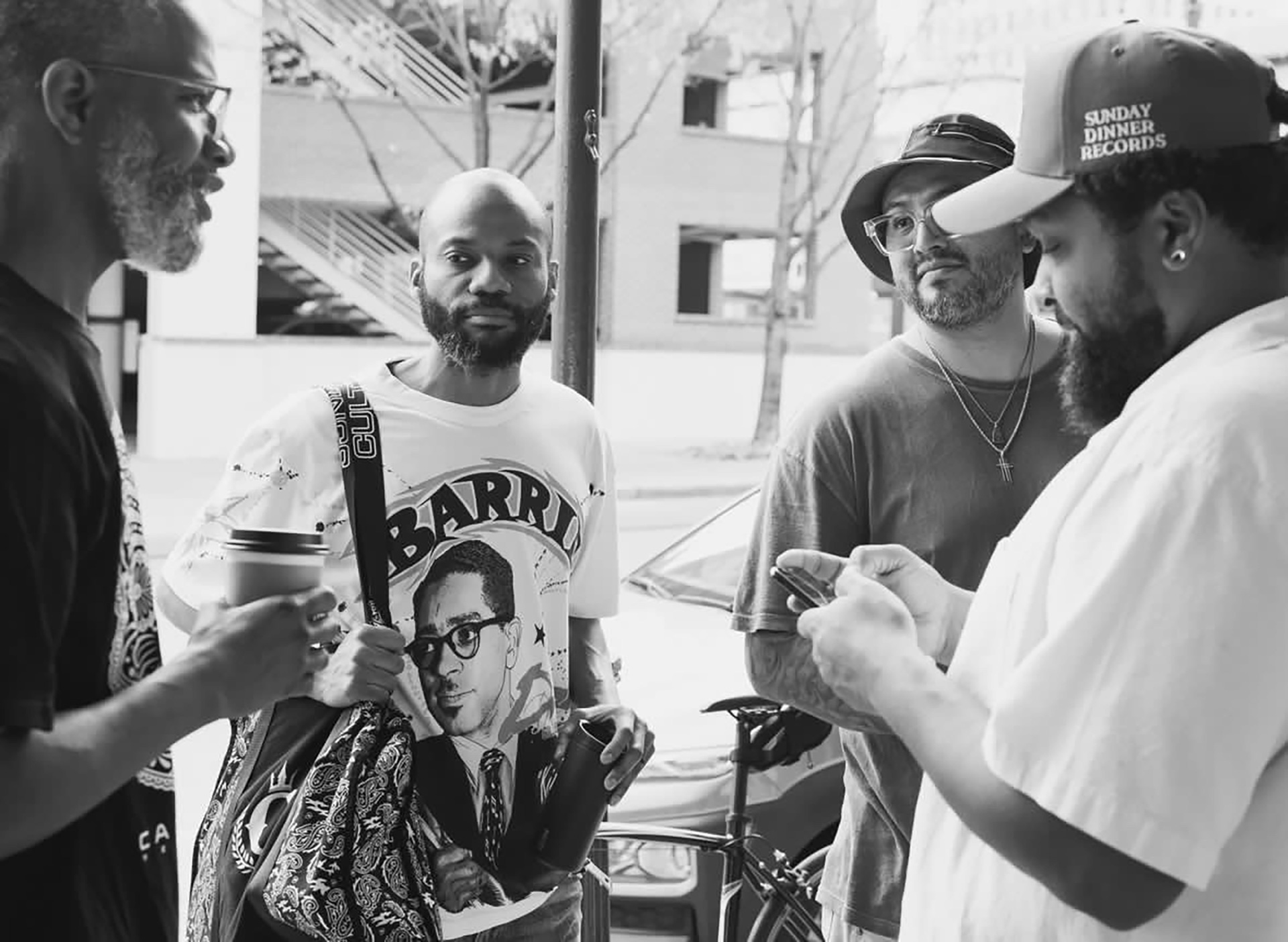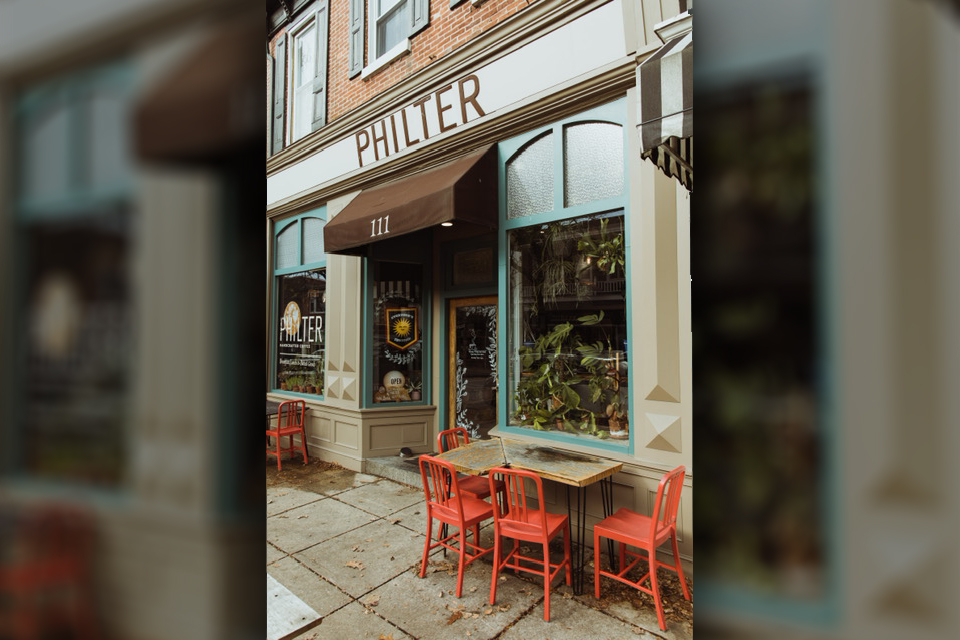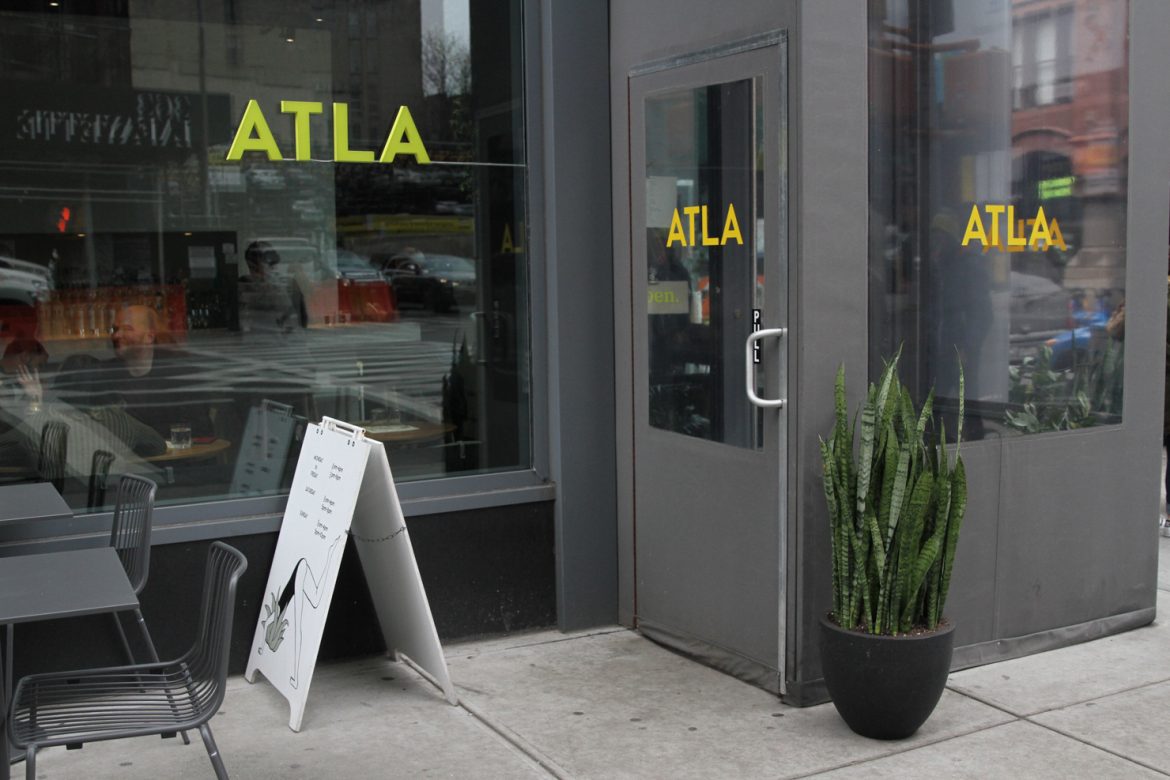
When you’re making Mexican food as high-caliber and inventive as award-winning chefs Enrique Olvera and Daniela Soto-Innes in New York City (and soon Los Angeles), it’s essential that anything served alongside be equally well thought-out. This high standard is the fire behind the encyclopedic mezcal list at Atla, Olvera’s second and more casual NYC restaurant after Cosme, and—as Atla is a true day-to-night joint—it burns at the heart of one of the city’s most unique coffee programs as well.
From the fishbowl of windows surrounding Atla’s sunny NoHo corner to its intimate, downtown-crowded tables and vine-climbed walls, the energy at Atla is convivial, organic. Sure, it’s got the slate-grey tones and clean lines of Cosme, but it’s also open at 9:00am daily, ready to serve chilaquiles, chia bowls, and yes, even, ahem, guacamole toast. And it all goes down with a full line of Mexican—in both preparation and provenance—coffees, to boot.
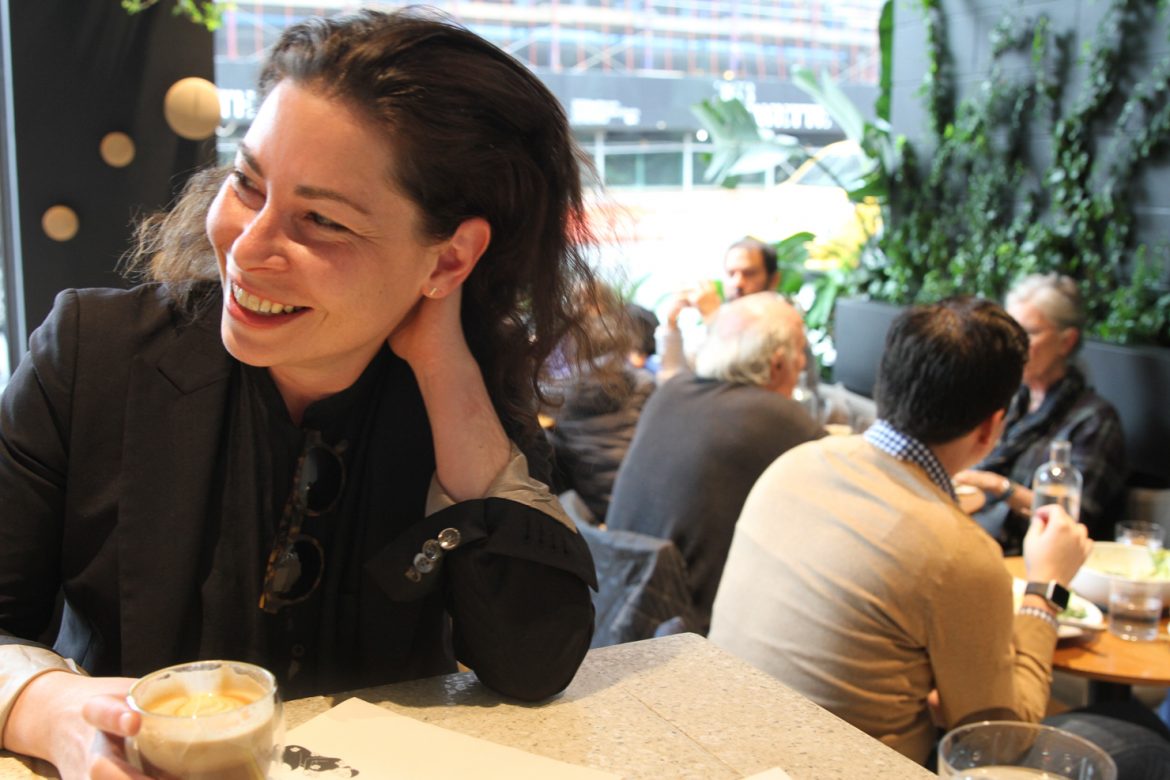
Coffee here, like Atla’s other beverage programs, is guided assertively by beverage director Yana Volfson. Volfson comes from the wine and spirits world, but she also comes from the Bronx, and immediately knew that practical but delicious coffee would be a necessary focal point of Atla’s drinks program. The restaurant selected Mexico City’s Buna for their coffee roaster of record, working closely with Buna owner Lalo Perez, and bringing in barista Andrew Yee—who cut his NYC coffee teeth at Joe Coffee—to help tailor a coffee setup that would shape the restaurant’s daylight hours.
Coffee at Atla is meant to have “an extroverted tone,” Volfson tells me over a signature coffee drink called the Pollenizer, a cacao-infused cold brew coffee cut with coconut water and honey. The drink was part of a short-run menu in celebration of a Buna collaboration with coffee magazine Drift at Atla this April, an event which further highlighted Atla’s commitment to bringing Mexican coffee to the fore.
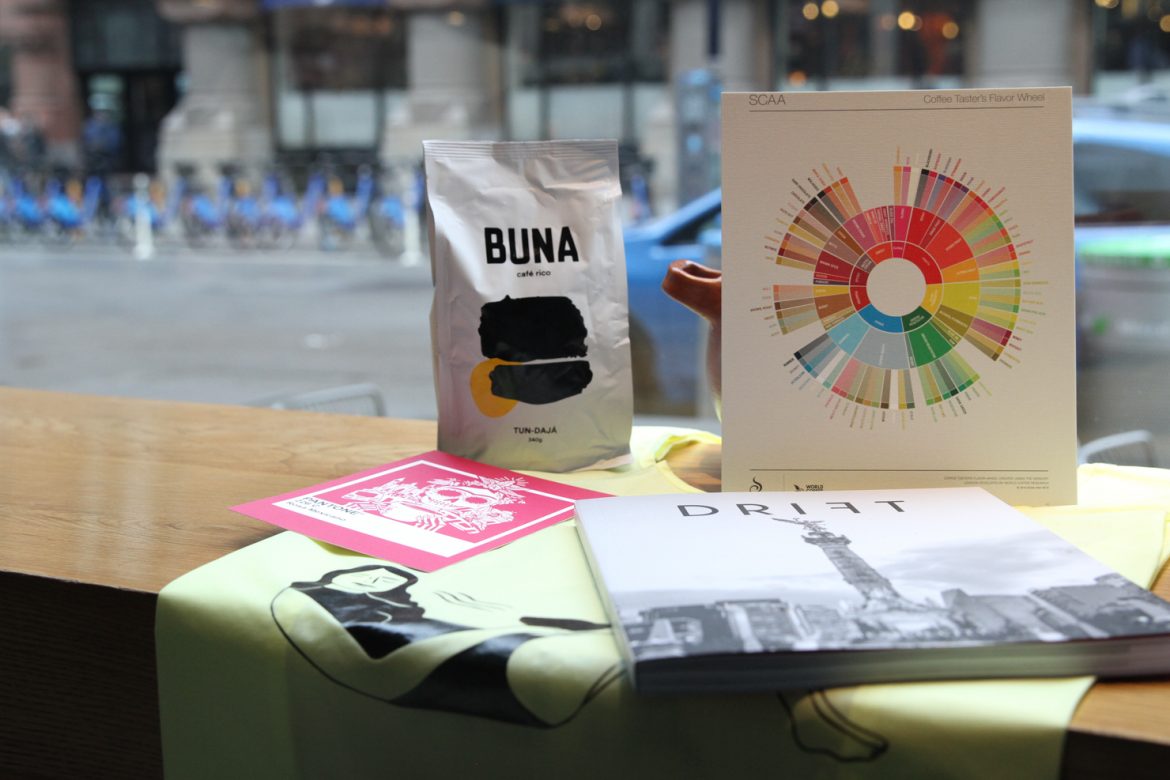
“We wanted to use Atla as a place to start talking about coffee and about what we’re designing as a Latin American, Mexican-driven program,” explains Volfson. In putting Atla’s two-group La Marzocco Linea directly behind the bar, coffee became not only a feature of the restaurant’s service—not relegated to a behind-the-scenes part of the restaurant—but also part of the bar program, she says.
“Without question, you wake up in the morning and coffee is part of many people’s daytime rituals if not all-day rituals,” says Volfson. “For us, [coffee] was always going to be a day into night conversation. But I think we took that conversation a little bit further given we’re also a full-time bar. There’s also a conversation to be had about coffee and mezcal, which I think are wonderful pairings.”
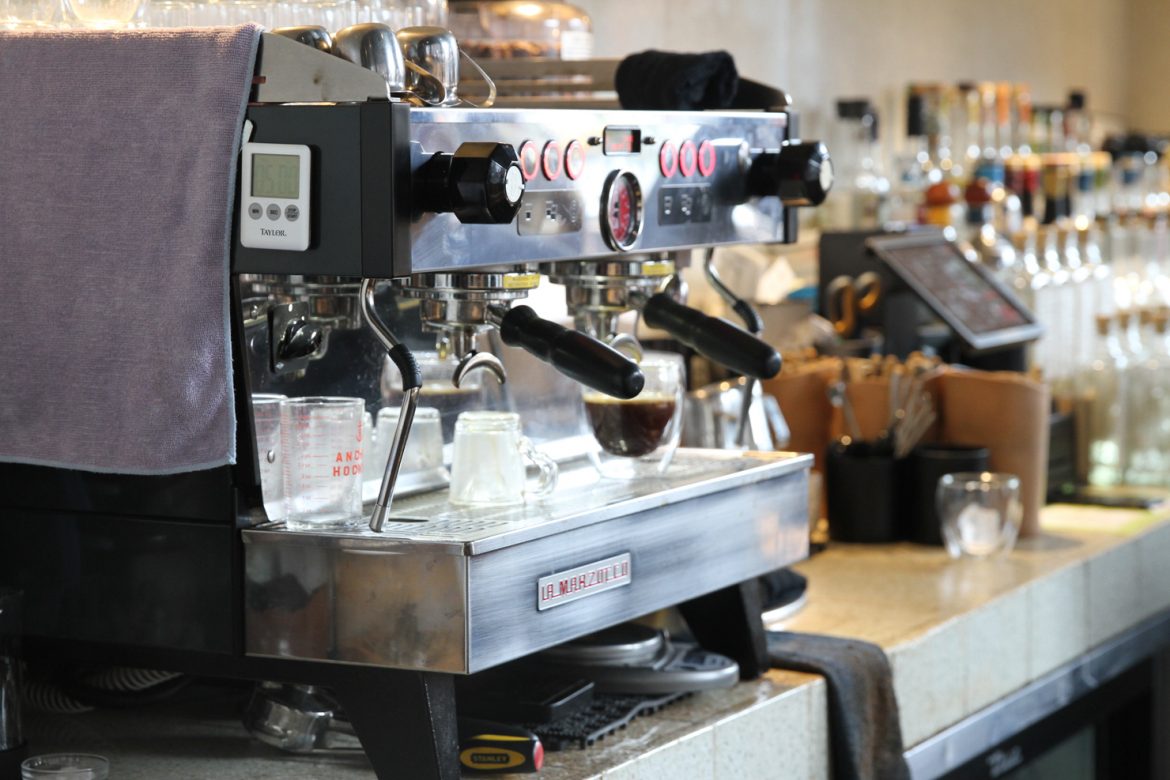
You’ll find coffee on the cocktail list, indeed, in an Oaxacan Coffee cocktail with Koch Olla de Barro mezcal, piloncillo sugar, and fleur de cacao cream. But for more traditional coffee service, Atla offers espresso, hot, iced, or con leche spiced cafe de olla—or a traditional café con leche with either cow’s milk or rotating in-house milks, like coconut, cashew, or pecan.
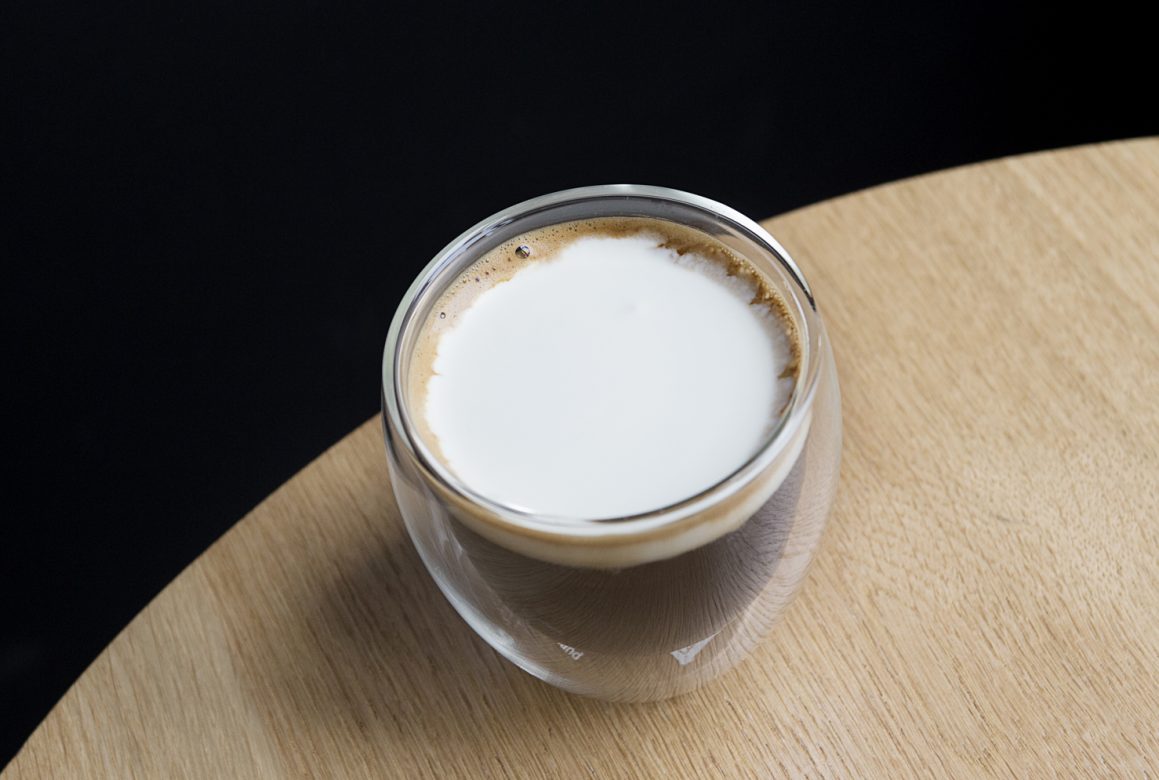
“We sat down to figure out where we were at with coffee culture,” says Volfson, “to determine what would give a barista the confidence to say they know what’s going to taste good. And that seemed to fall more into the element of milk. We started to talk about what a cafe con leche is, given that there’s not much of a difference left between what one would call a cappuccino and what one would call a latte in terms of the NYC experience,” she pauses. “You’re always going for this elevated signature,” says Volfson. The team at Atla was inspired to differentiate its coffee service through these own unique house milks, and Buna’s coffees—which are otherwise unavailable in NYC.
And Buna’s ethos fits perfectly with what Olvera and his team are trying to accomplish in the north, says Volfson.
“Lalo’s brand is really beautiful because for them, biodiversity and cross-farming is something that’s really important, both for the sustainability of the small families that they work with as well as the actual soil of nutrients and of the crop,” says Volfson.
“When it comes to the mezcal that we’re looking for, it’s brands that are sustainable and understanding of a relationship between nature and production, as well as this element of milpa—which is—if we’re going to support small businesses and small farms we need to make sure we’re not just taking from them, but are supporting them in ways that they can sustain for themselves,” Volfson says, adding that Perez works with hundreds of smallholder families in Mexico to source Buna’s coffee—many of whom own less than one hectare of land.
“We’re trying to bring these conversations to the forefront,” says Volfson, adding that pop-up collaborations like the Atla x Buna x Drift Mag event “forces people to ask questions and creates a conversation.”
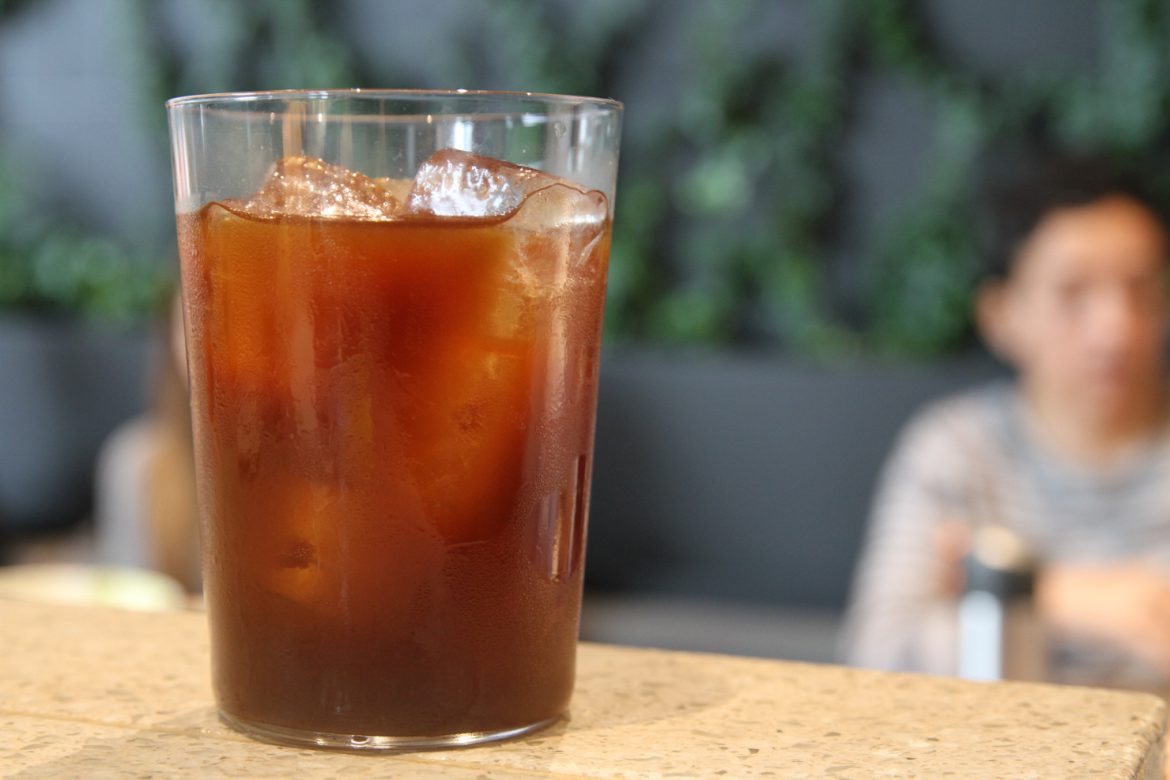
“I don’t think [only] within the topic of coffee, the topic of cocktails, the topic of wine,” says Volfson. “I think we’re talking about a bigger conversation overall. We’re talking about sustainable farming, small production, the understanding of being a responsible consumer, and the understanding of demand in a supply chain that we completely affect. We’re not in any denial about that,” she says.
“I think we’re just trying to showcase things that are delicious and make us happy and invite us every once in awhile into a conversation that might change us when we leave,” she pauses. “I think that’s what Atla is about, it’s about being able to give people good things so that they come back and ask us what is it about that that made it so special.”
Liz Clayton is the associate editor at Sprudge Media Network. Her world coffee guide with Avidan Ross, Where to Drink Coffee, is out now on Phaidon Press. Read more Liz Clayton on Sprudge.






